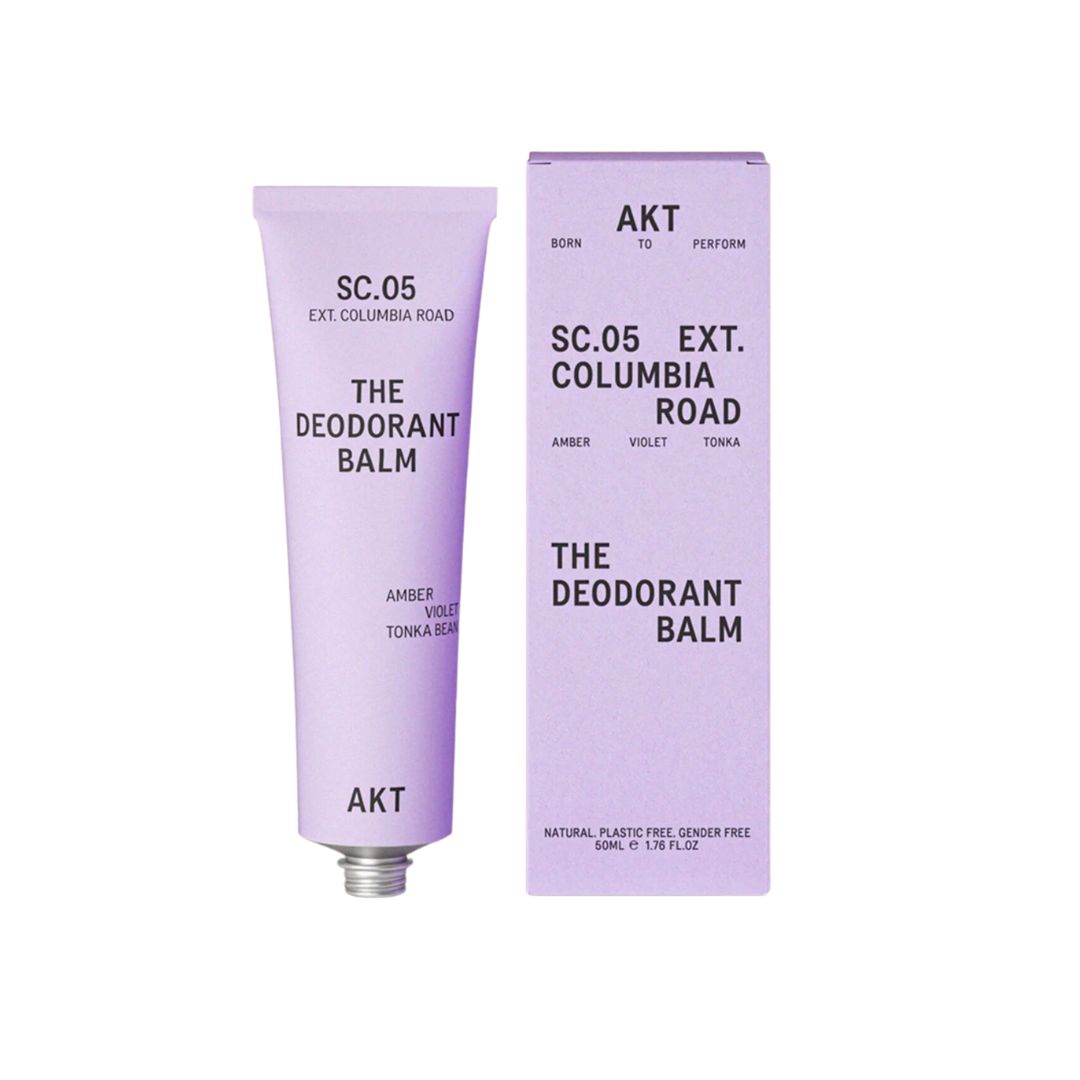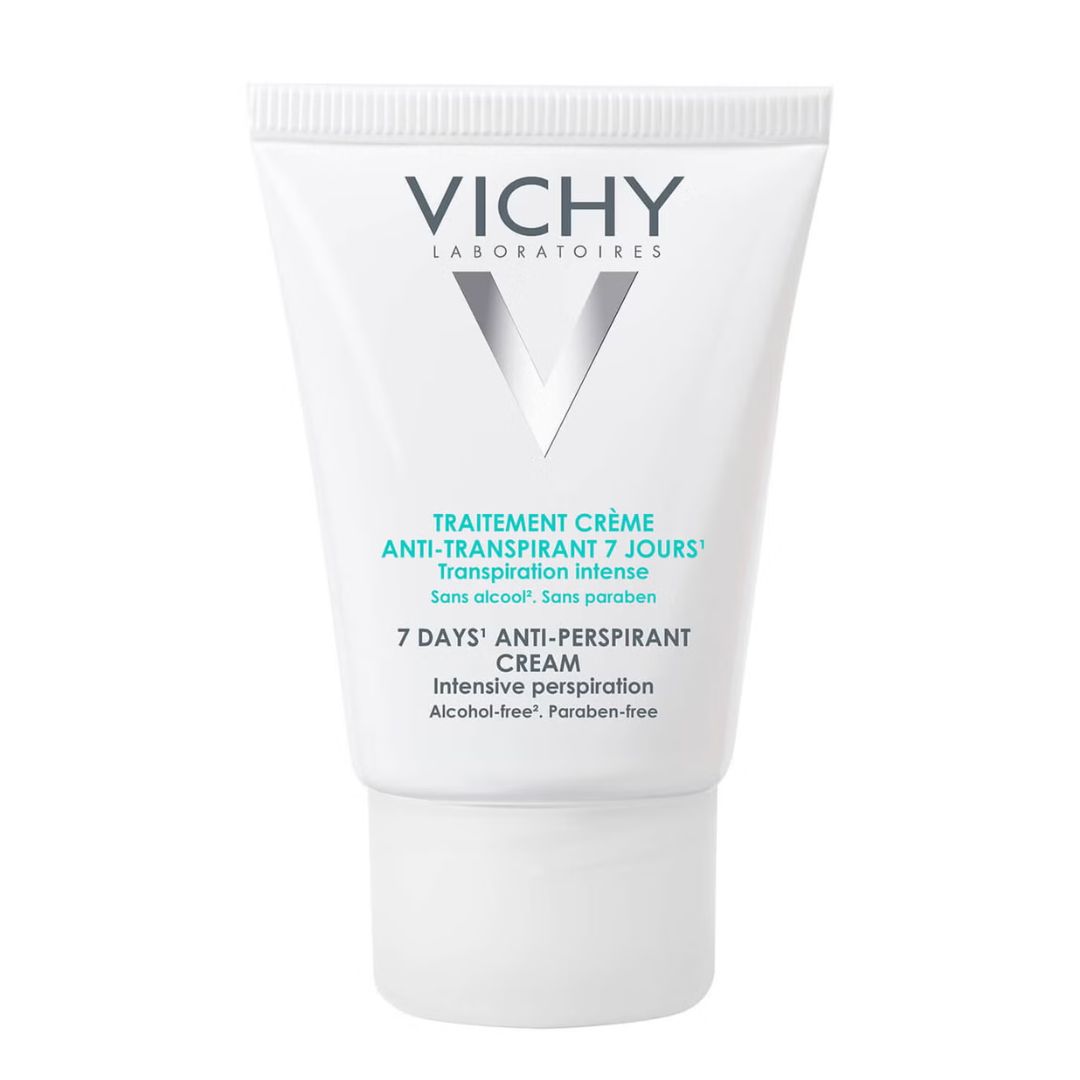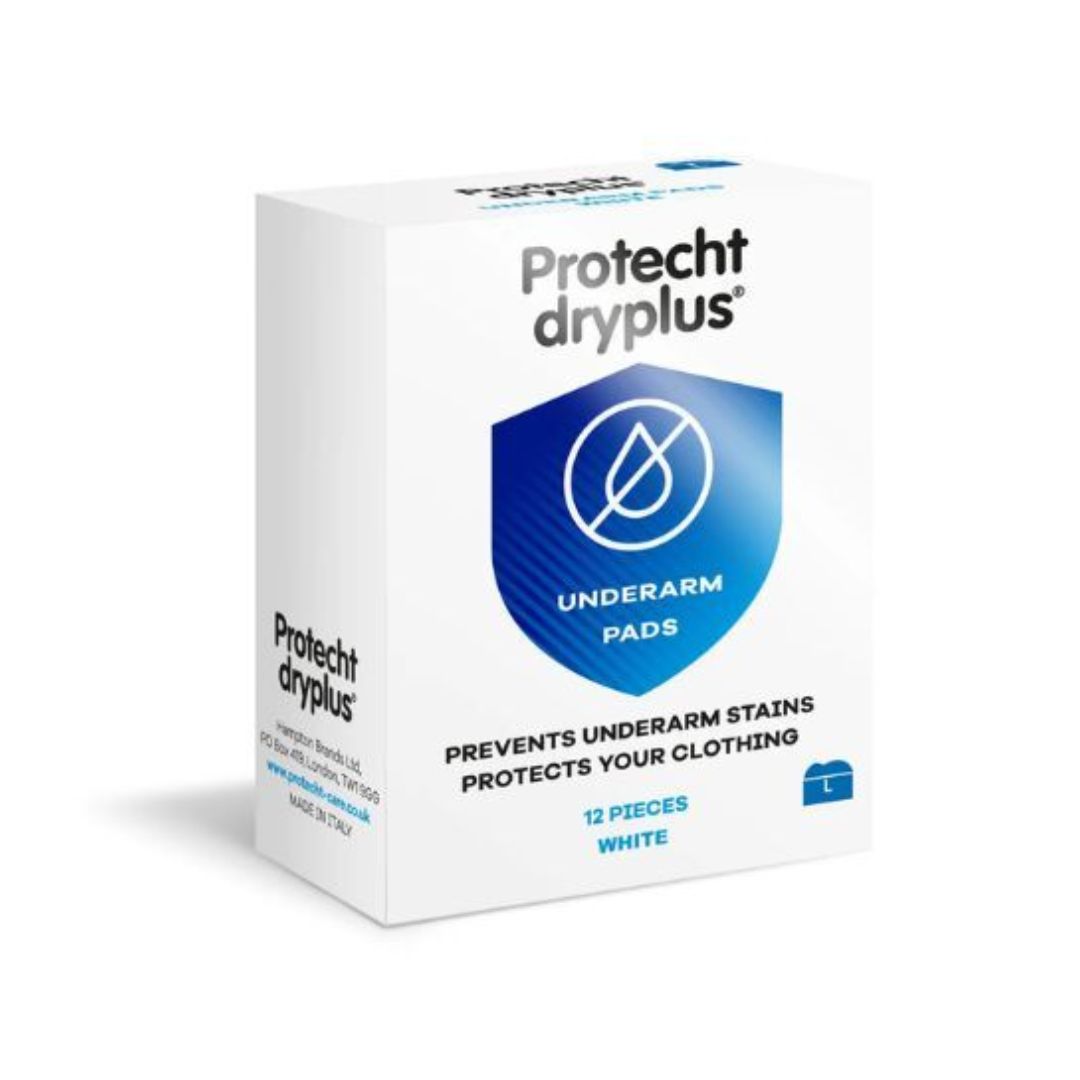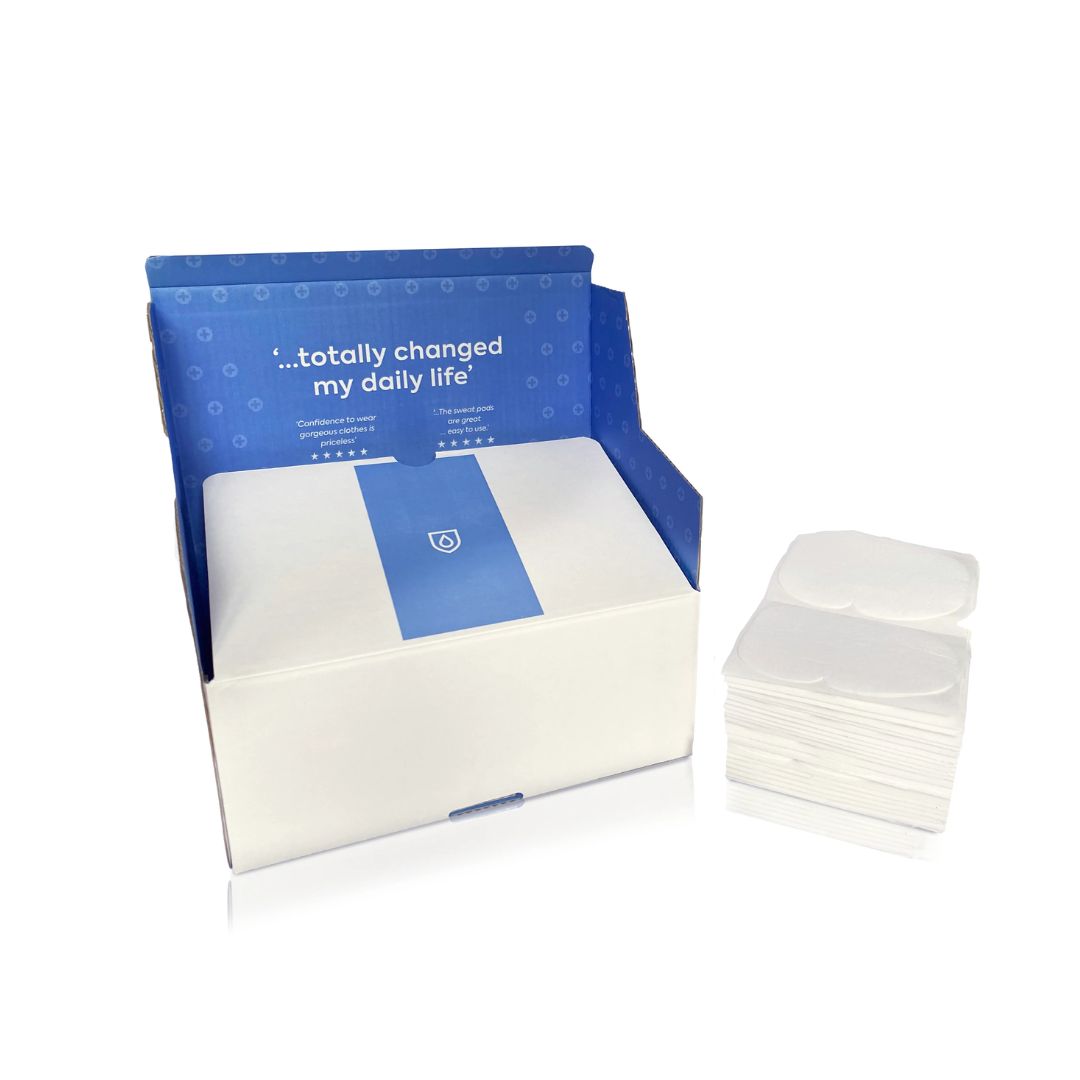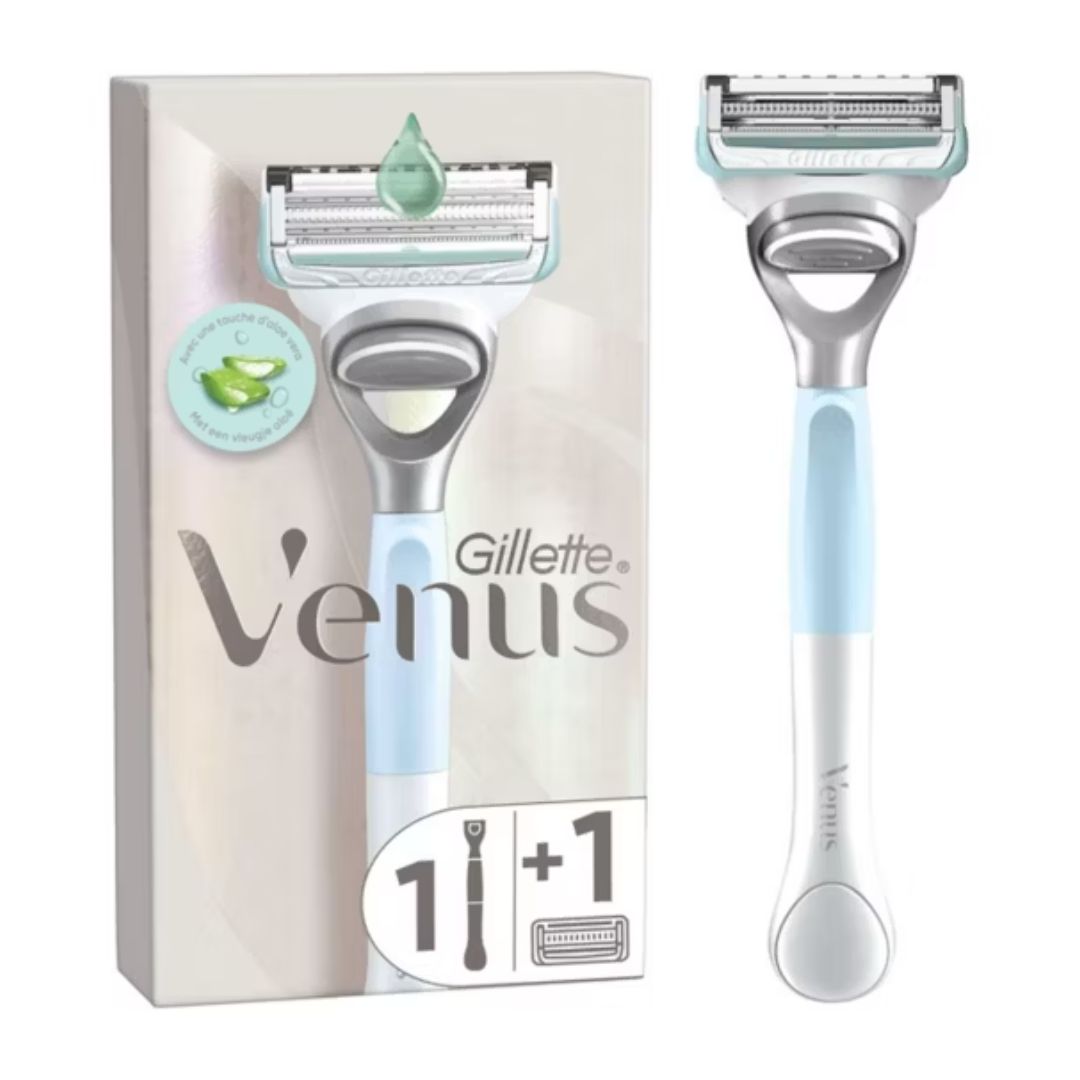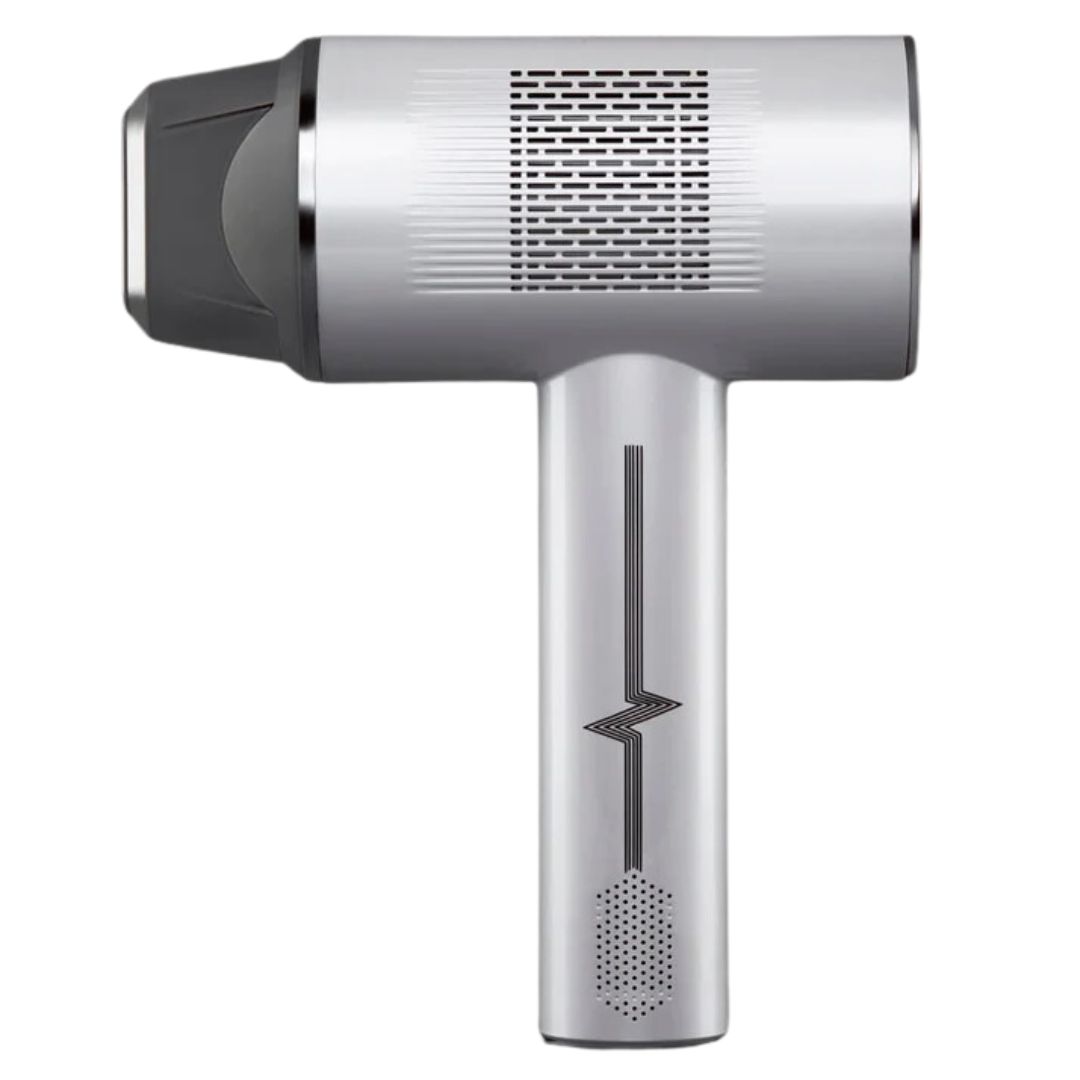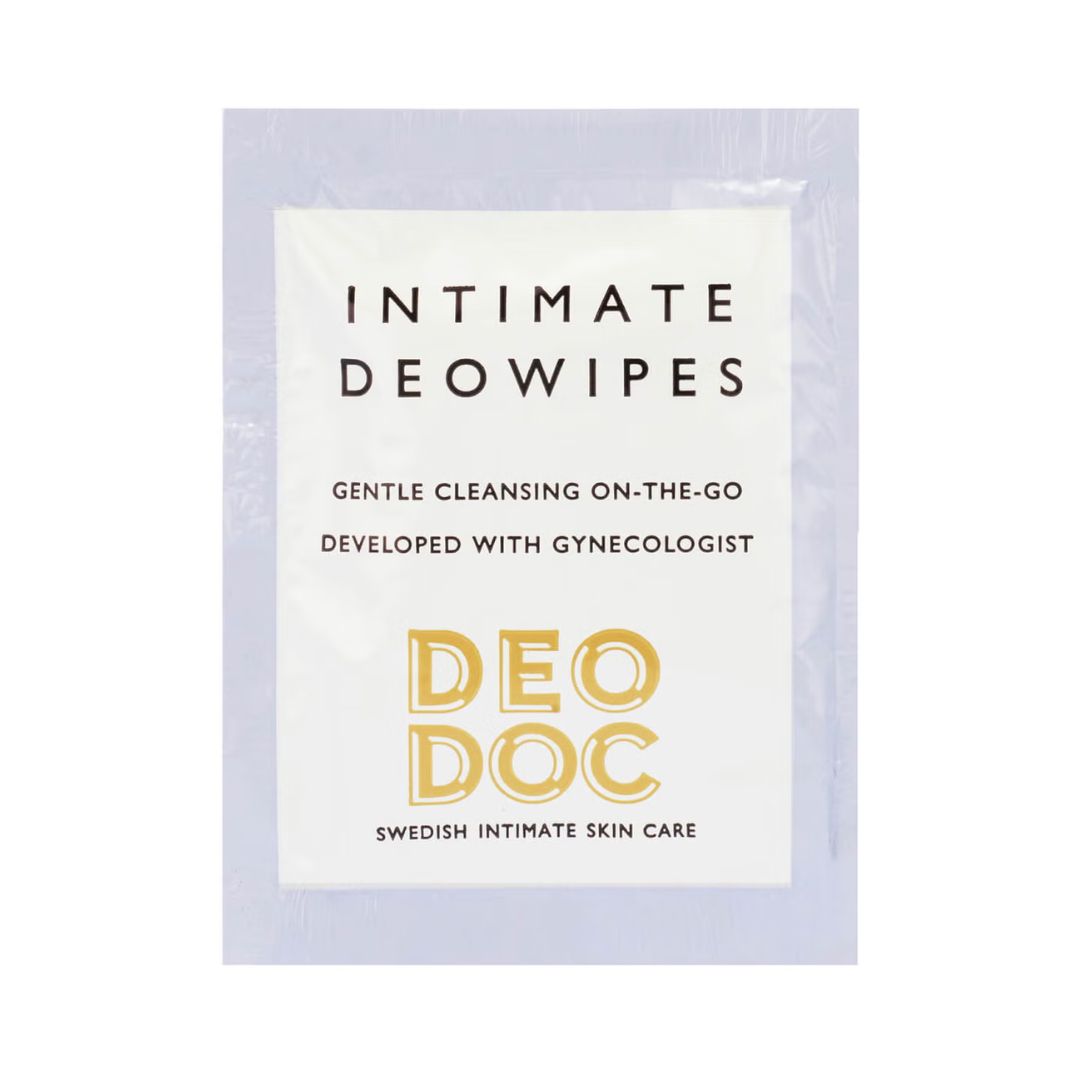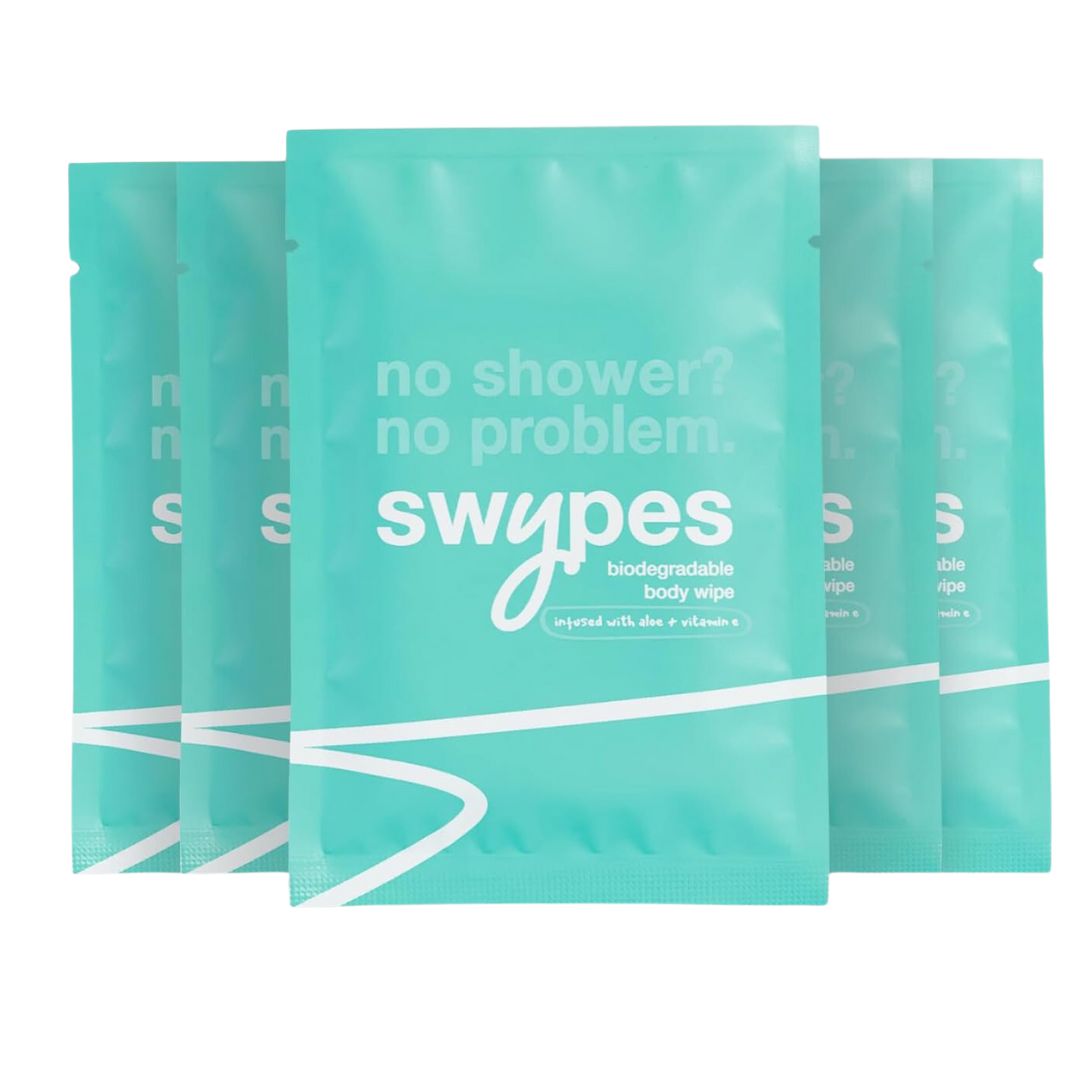It feels humid right now—here are 8 doctor-approved things you can do to minimise sweat patches
The non-sexy information you need to know

Sweat patches: we all get them yet we rarely speak about them. Well today, I'm tackling everything you need to know, including all the tips from doctors to make sweat patches a non-issue in your life.
Although sweat patches are common and something we all experience in our lives, excessive sweating can have a hugely negative impact on wellbeing for some people. The good news is, there are lots of tips and tricks you can do to manage sweat patches—and even treatments like Botox to help minimise the problem.
I asked two doctors what the best way to manage sweat patches (beyond just using deodorant and trying to mask the sweat smell with perfume), no matter the stage you're at, and here's what they had to say.
When is sweating considered more than normal?
GP and award-winning cosmetic doctor Dr Ahmed El Muntasar noted that there's a big difference between sweating a bit more than normal and hyperhydrosis. "Hydrosis is a diagnosable medical condition that leads to excessive sweating; it can be due to a variety of different things and be either primary or secondary hyperhydrosis," he says.
Dr Leah Totton, founder of Dr Leah Cosmetic Skin Clinics and Dr Leah Skincare echoes this, adding: "People can suffer from hyperhidrosis due to overactive sweat glands, this could be due to an issue with the nervous system or a health condition. Hormonal changes such as menopause can also affect how much we sweat."
So how do we know when sweating becomes excessive? There isn't one definable way and it actually differs from person to person. "Look out for visible signs of sweating (wet clothes, beads of sweat), even when the weather is not warm, or if you are not exercising. Another symptom is whether you find sweating affects your daily activities, and if your skin stays wet for a long period of time," reveals Dr Totton.
Dr El Muntasar says that the way it makes you feel really matters. "Excessive sweating is any kind of sweating that makes you feel embarrassed," he explains. He emphasises that it can have a real impact of both men and women's wellbeing, so if it's something that bothers you or you find you're making adjustments in your life for, it's worth considering treatment.
Marie Claire Newsletter
Celebrity news, beauty, fashion advice, and fascinating features, delivered straight to your inbox!
8 tips for beating sweat patches
1. Choose the right deodorant
Yep, this one might seem simple, but it can take some trial and error to get a deodorant that suits you.
The key thing to note here is that an antiperspirant and deodorant are actually different. The former works to stop the underarms from perspiring (sweating) and the latter acts as a deodoriser to minimise unwanted smells. It's important to get a product that eliminates excessive sweating and deodorises.
One of my favourite brands is AKT, works brilliantly at both and can be used on the entire body—yep, it can be used on your forehead and even your underboob. Plus, I'll bet money that it's more stylish (and sustainable) than any other deodorant you've used.
2. Botox
Botulinum toxin—known as Botox—is a brilliant solution to excessive sweating. It's obviously not a cheap solution but it's great if you've tried everything else to no avail. It's also great ahead of a big occasion like a wedding.
Injections are commonly placed around the scalp, forehead, underarms and feet. "These injections will block the nerve signals for perspiration at the sweat glands and this stops the excessive sweating," explains Dr Totton. You'll have a series of injections into the affected area and should notice a "dramatic reduction of sweating 10-14 days after the hyperhidrosis injections". The results last for up to six months, but you'll be assessed on an individual basis.
Despite it being a fantastic treatment, many people's biggest concern for many when getting Botox for sweating is 'does the sweat go elsewhere?' Dr El Muntasar says that the majority of the liquid and humidity that our body loses comes from or breath, so what comes out in our sweat is a small portion. "You can get compensatory hyperhydrosis elsewhere, it does happen, but actually it's not as common as people think."
Botox like this will typically set you back around £550, depending on who you're visiting and where you're based.
3. Sweat guards
Sweat guards are fantastic for special occasions or instances where you anticipate you might sweat more than normal—like an important meeting, for example. You might have to try a few different ones before deciding on the one that suits you best. They aren't a long-term solution as they're disposable (so expensive and not great for the planet) but can be a great product to use for particular occasions. Sure, they're not the sexiest of things but if they work, they work!
4. Wear loose-fitting, breathable fabrics
Swap out any tight fitting clothing for loose-fitting pieces that are breezy and breathable like cotton and linen. You may also opt for darker clothing where sweat isn't as visible as it is in lighter and coloured clothing. The best place to go for affordable yet good quality clothing in Dr El Muntasar's opinion? Good old M&S—and I couldn't agree more.
5. Consider shaving your armpits
As bacteria, oil and sweat can be trapped in arm hair, it's worth considering shaving your armpit hair to reduce that. Sadly, it's not going to fix the problem but it can help in some people. Use as good quality razors as you can afford (this Venus Pubic Hair one is fantastic) and change them regularly to avoid blunt shaving, which can lead to rashes and irritation. If you find keeping on top of shaving laborious and want a more permanent result, consider using an at-home IPL or laser removal.
6. Avoid overheating
This sounds like a simple one, but avoid overheating. If you get on a busy train or bus to work, consider taking a layer off before you get hot and sweaty. You could even bring a hand-held fan with you.
7. Try antiperspirant wipes
If you find yourself in a pinch at work or an event looking for a quick solution for odour, keep some wipes in your bag for a freshen up. However, this isn't a particularly sustainable option, so I recommend biodegradable wipes and only using these in emergency situations.
8. Visit a GP
If you're reading this list thinking 'what else?'—it's time to visit your GP. If you've tried everything to not avail, there could be an underlying cause to your sweating, which needs medical advice.
Tori is a freelance beauty journalist and contributor for Marie Claire. She has written for various titles, including Allure, Glamour, Elle, Refinery29, Brides, and more. Currently training to be a nail tech, Tori is a total nail enthusiast and always has time to talk all things nail art. When she’s not writing about beauty and testing products, Tori can be found walking her rescue dog Pip, drinking great coffee, and eating as many croissants as humanly possible.
-
 Prince Harry reportedly extended an 'olive branch' to Kate and William on latest UK trip
Prince Harry reportedly extended an 'olive branch' to Kate and William on latest UK tripBig if true
By Iris Goldsztajn
-
 How Prime Video is protecting Blake Lively amid her new movie promo
How Prime Video is protecting Blake Lively amid her new movie promoAn understandable move
By Iris Goldsztajn
-
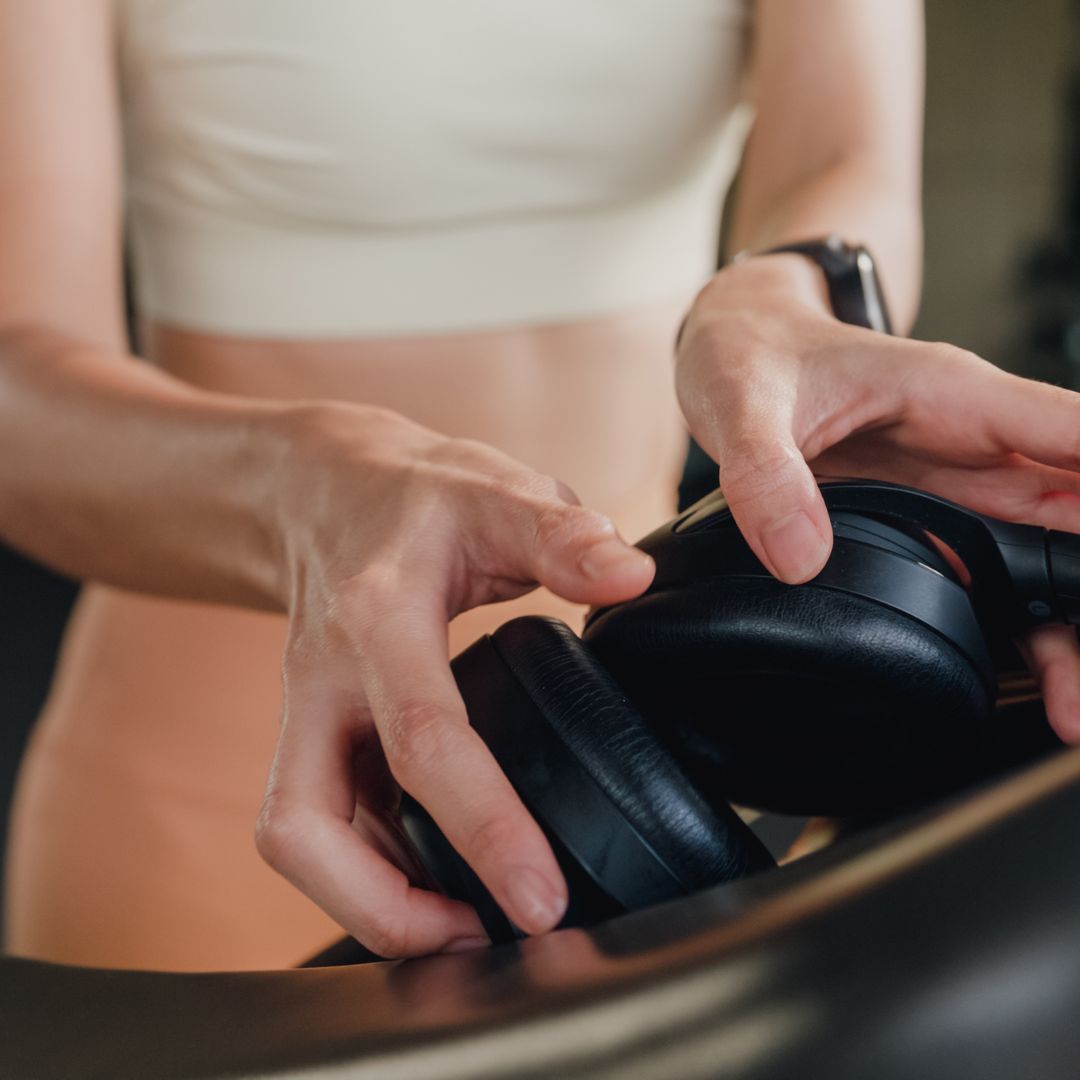 It's the must-have bit of fit kit of the year - a fitness expert shares their top 5 tips for choosing a walking pad
It's the must-have bit of fit kit of the year - a fitness expert shares their top 5 tips for choosing a walking padThis year's fitness must-buy.
By Katie Sims
